The return to campus life for the 2025 academic year has been shaped by dramatic changes across U.S. universities. The Trump administration’s policies have left a profound mark, affecting both prominent institutions like Harvard and lesser-known campuses, such as the University of Colorado-Colorado Springs (UCCS). This article explores these challenges and their widespread implications.
UCCS: A Case Study in Transformation
Initially, UCCS believed it would remain untouched by national policy shifts. However, the university soon faced federal investigations and the loss of critical research grants. Funding cuts from agencies like the National Science Foundation disrupted programs in civics, cultural preservation, and women in technology.
Administrators’ Response and Shifting Campus Atmosphere
In an attempt to shield itself, UCCS undertook efforts to reduce scrutiny. These measures included renaming websites and changing administrative titles. Despite these actions, the campus atmosphere changed significantly, with increased anxiety among students and faculty. Federal policies were unpredictable, leaving little room for universities to adjust effectively.
A Broader Trend: Universities Nationwide Face Similar Struggles
UCCS’s experience reflects a broader national trend. Many universities, regardless of political affiliation, have encountered similar disruptions. Federal actions targeting diversity, equity, and inclusion (DEI) programs have led to cuts in funding for initiatives supporting underrepresented students. Moreover, the revocation of over 6,000 student visas has further strained international student enrollment.
Cuts to Research Funding and Academic Freedom
The administration’s stance has also impacted academic research, particularly in areas like climate change and LGBTQ+ studies. The reduction in funding for these programs raises concerns about the United States’ position in global research and innovation. These actions also threaten academic freedom, as universities face pressure to align with specific political agendas to secure resources.
Legal and Institutional Responses to Policy Shifts
In response to these challenges, universities have pursued various strategies. Some, like Columbia University, have entered financial settlements with the federal government. These agreements, however, often require institutions to modify policies in ways that critics argue compromise academic freedom.
Harvard’s Resistance: Financial Consequences and Legal Action
Harvard has taken a more defiant stance, refusing to comply with certain federal directives. As a result, the university has faced freezing of over $2 billion in research grants. Harvard is challenging these actions through lawsuits, arguing that the federal government’s interference violates constitutional rights and academic independence.
The Erosion of Academic Freedom
The consequences of these policies extend beyond financial losses. A growing climate of fear and self-censorship is taking hold across campuses. Faculty members are increasingly reluctant to engage in controversial research or public discourse for fear of retaliation. This stifles academic inquiry and challenges the core principles of higher education.
Long-Term Implications: Narrowing Academic Inquiry
The ongoing shift in U.S. higher education threatens to narrow the scope of academic research and innovation. As universities become more aligned with political agendas, the free exchange of ideas is compromised. This could have long-term consequences for critical thinking, scientific progress, and the future of American higher education.
Navigating the New Academic Landscape
The 2025 academic year has introduced significant challenges for U.S. universities, many of which are grappling with the broader consequences of federal policies. As campuses adapt to these shifts, the future of academic freedom and intellectual exploration remains uncertain.

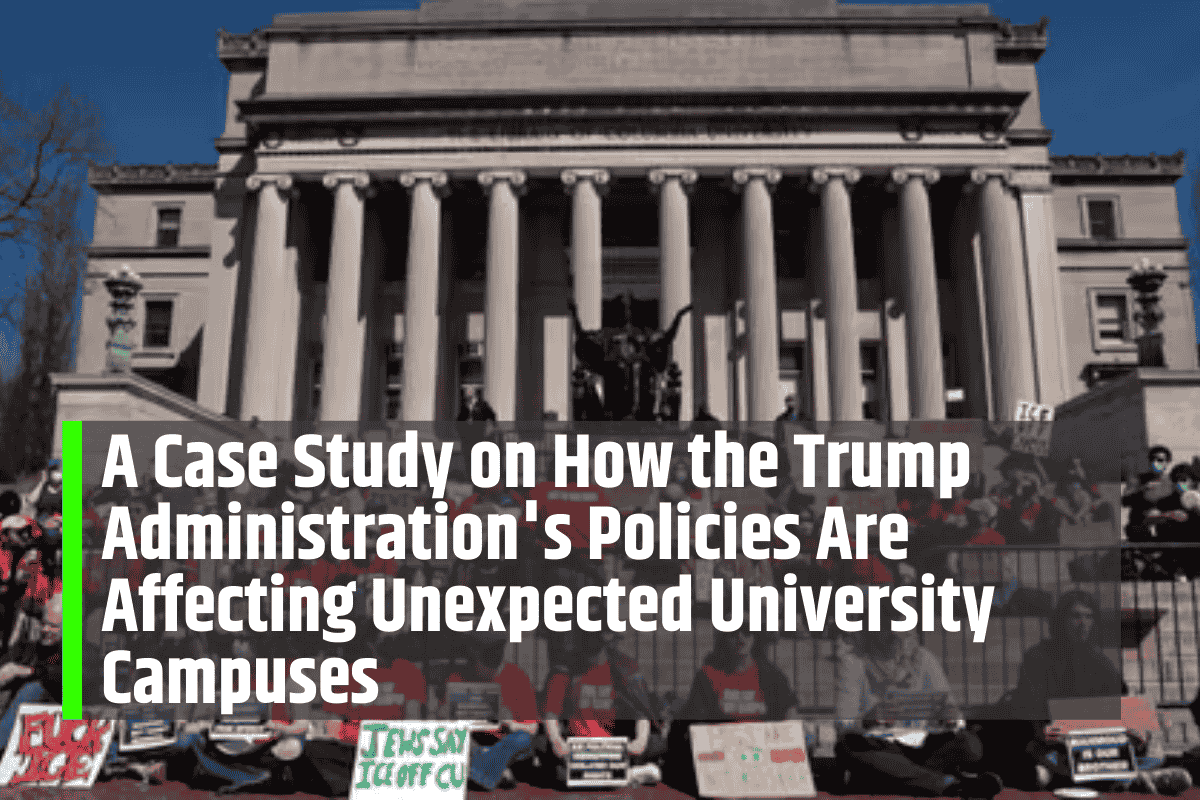
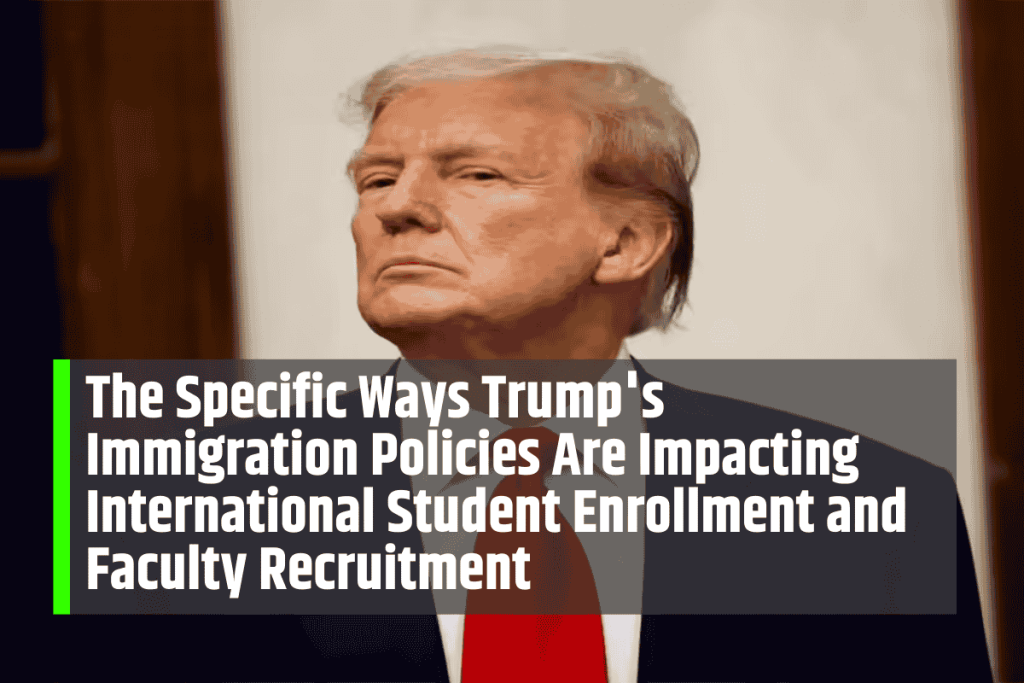

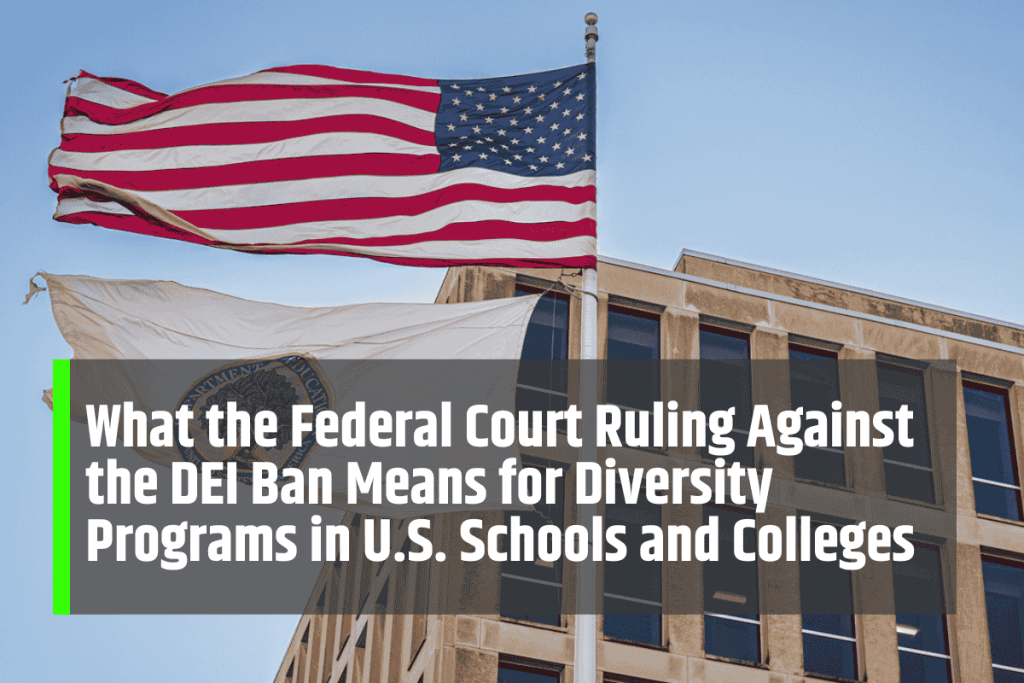
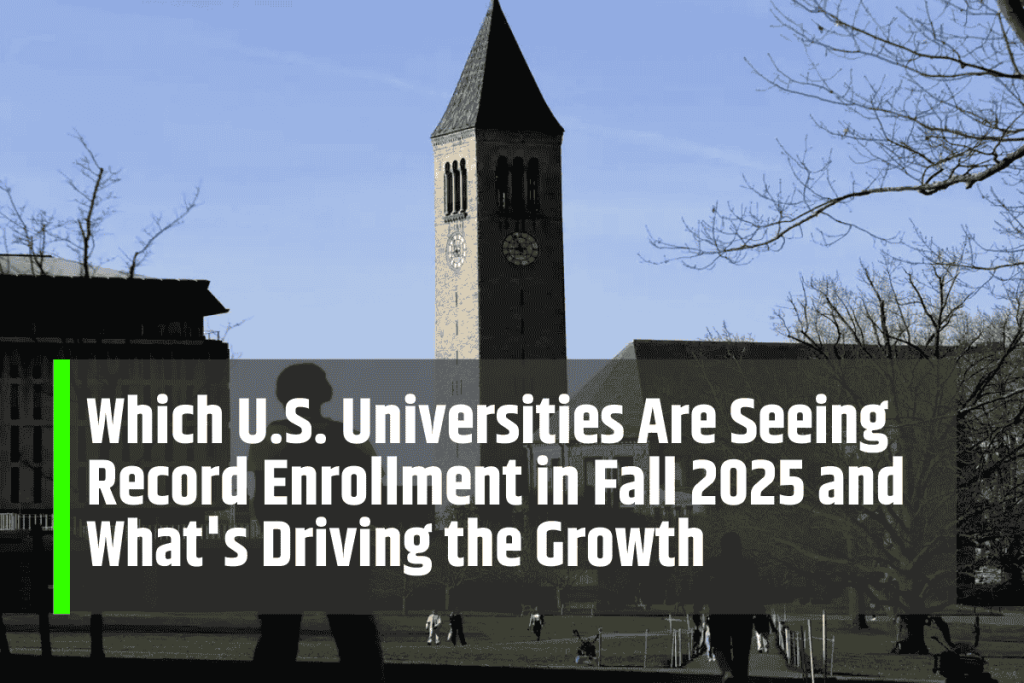
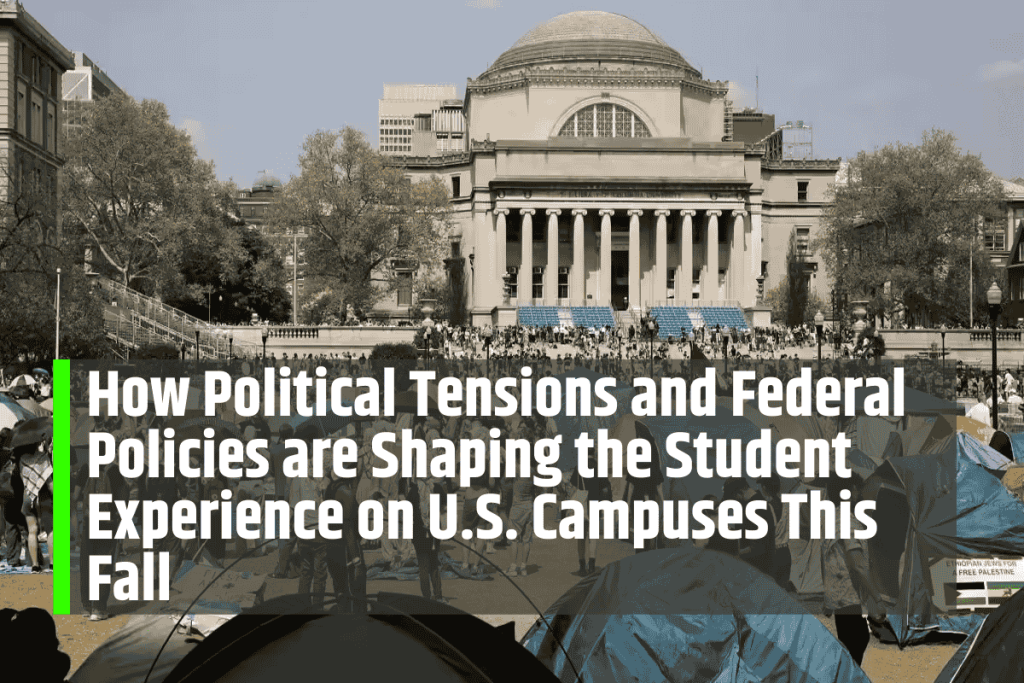
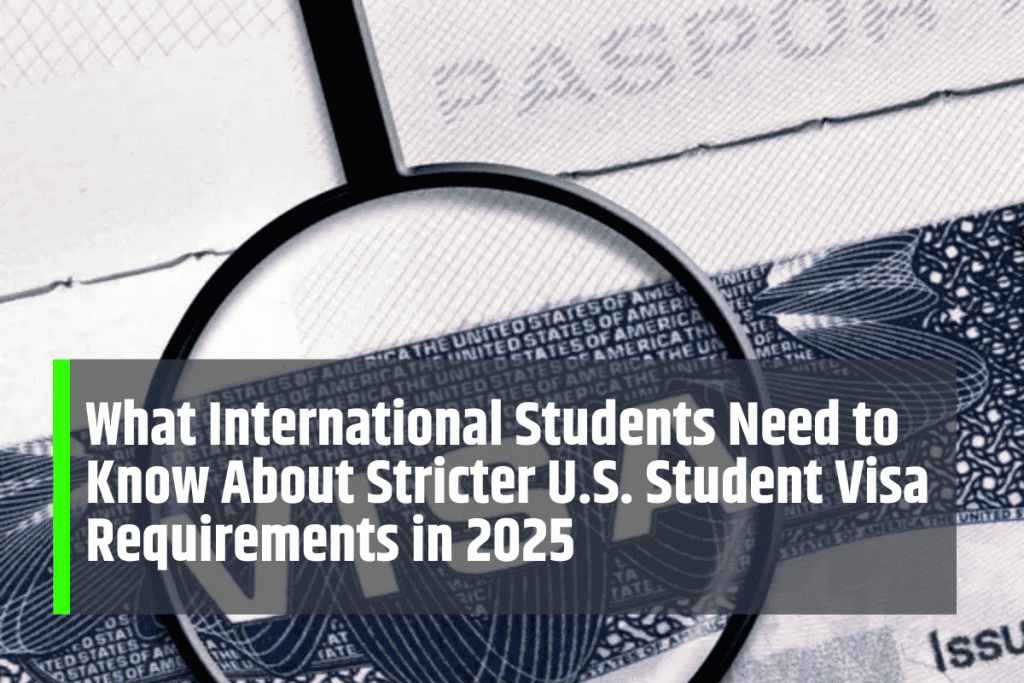
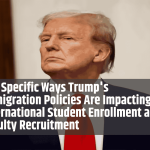

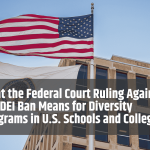
Leave a Comment